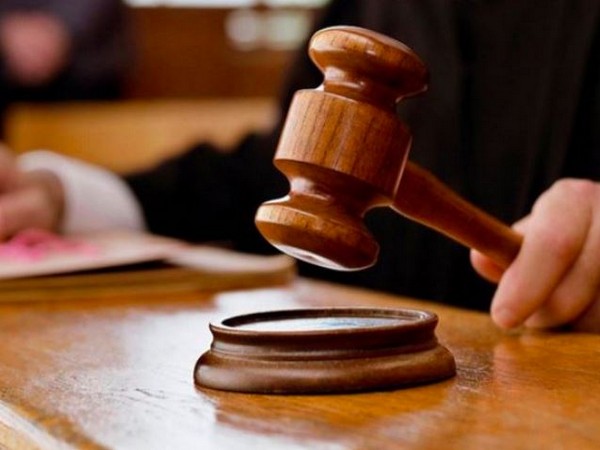High Court Grants Bail in Tirumala Temple Ghee Adulteration Case
The Andhra Pradesh High Court has granted bail to Pomil Jain, Vipin Jain, and Apurva Chavda, accused of supplying adulterated cow ghee to the Tirumala Tirupati Devasthanams. Discrepancies in the investigation led to their release, with the court finding procedural lapses and delayed FIRs in the case.

- Country:
- India
The Andhra Pradesh High Court has approved bail for Pomil Jain, Vipin Jain, and Apurva Chavda, who faced allegations of adulterating cow ghee supplied to the Tirumala Tirupati Devasthanams (TTD). The high-profile case saw representation by Senior Advocate S. Sriram and Advocate Sushil Kumar of Kumar Legal Research LLP.
Justice Srinivas Reddy, presiding over the bench, identified significant investigative discrepancies, prompting the release of the accused, linked to Bhole Baba Organic Dairymilk Pvt. Ltd. and Vyshnavi Dairy. Incarcerated since February 2025, the defense argued the investigative process was flawed, highlighting transformations from witness status to accused without legal grounding.
The case emerged from an FIR by the TTD General Manager, accusing the suppliers of tender violations with adulterated ghee intended for Tirumala temple's rituals. Investigations traced the ghee back to Bhole Baba Organic Dairy, moving through Vyshnavi Dairy and AR Dairy to TTD. The Central Bureau of Investigation (CBI) and a multi-agency Special Investigation Team (SIT) are spearheading the probe.
Defense lawyers S. Sriram and Sushil Kumar pointed to procedural flaws, particularly the delayed FIRs concerning alleged witness intimidation. They noted that claims by SIT and CBI dating to March and April were formally addressed only in June, suggesting potential afterthought. Moreover, involvement by a police officer outside the Supreme Court-appointed SIT was deemed irregular by another High Court bench.
CBI's PSP Suresh Kumar defended the inquiry's legality, while the petitioners pledged cooperation and adherence to stringent bail conditions, including travel bans, routine check-ins, and avoidance of witness interference. (ANI)










